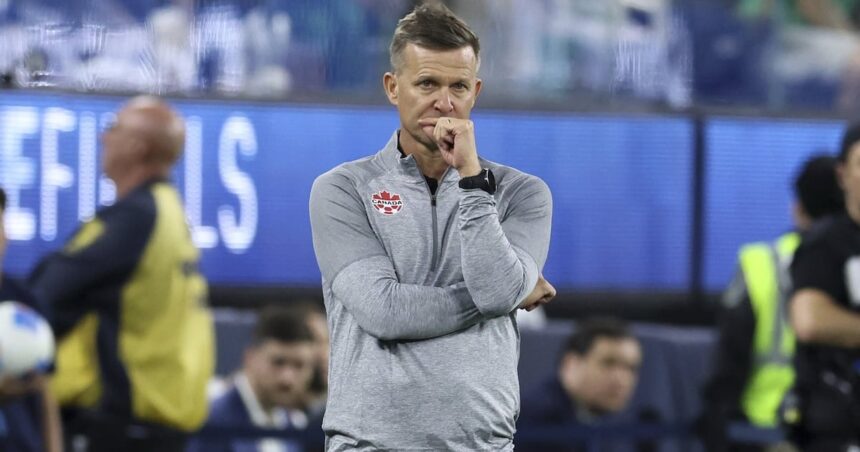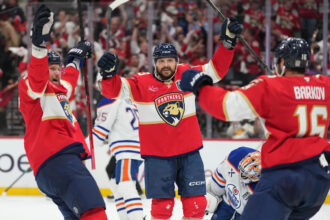The tension between sporting competition and diplomatic relations came into sharp focus this week as Canada Soccer finds itself navigating troubled waters following an undisclosed incident during a recent international match in Vancouver. Sources close to the organization confirmed that officials are carefully crafting their response to CONCACAF, the governing body for soccer in North America, Central America, and the Caribbean, regarding allegations that have yet to be made public in detail.
What transpired at BC Place remains shrouded in ambiguity, but the gravity of the situation is evident in the measured approach Canada Soccer is taking. “We are working diligently to address the concerns raised by CONCACAF,” said a spokesperson who requested anonymity due to the sensitivity of ongoing discussions. “Our primary focus remains on maintaining the integrity of the sport while ensuring all perspectives are considered fairly.”
The incident occurs at a pivotal moment for Canadian soccer. The national program has experienced unprecedented growth in recent years, with the men’s team qualifying for the 2022 World Cup after a 36-year absence and the women’s team capturing Olympic gold in Tokyo. This success has elevated Canada’s profile within the international soccer community, making the current situation particularly delicate for administrators concerned with preserving hard-won credibility on the global stage.
Cultural observers might note that this episode reflects broader tensions in international sport, where national pride and competitive fervor occasionally clash with diplomatic necessities. As I’ve explored in previous analyses at CO24 Culture, sporting events increasingly serve as proxy battlegrounds for national identities and values in our hyperconnected world.
CONCACAF officials have remained tight-lipped, offering only that “standard protocols are being followed to review the incident.” This bureaucratic language hints at the complex machinery that governs international sporting relations—a system of rules, traditions, and power dynamics that operates largely out of public view until moments of friction bring it to light.
For Vancouver, a city preparing to welcome the world as a host for the 2026 FIFA World Cup, the timing is unfortunate. Local officials have invested significantly in positioning the city as a premier destination for international sporting events, with soccer at the forefront of those ambitions. Any controversy threatens to complicate these carefully cultivated narratives about Vancouver’s readiness for global spotlight.
Sports sociologists I’ve spoken with suggest that these moments of tension often reveal the competing interests at play in international competition. “There’s always a balance between the pure athletic contest and the diplomatic choreography happening behind the scenes,” notes Dr. Elaine Westbrook of UBC’s Sports Culture Institute. “Most fans only see the game itself, but there’s an entire ecosystem of relationships being managed.”
The response from Canada Soccer will likely reflect this complex reality—addressing specific concerns while attempting to preserve relationships essential for future competitions. For a sporting body still building its international reputation, the handling of this incident could prove as consequential as any on-field result.
What remains to be seen is whether this incident will fade into the background of sporting history or become a defining moment in Canadian soccer’s international relations. Either way, it serves as a reminder that in modern sport, what happens off the pitch often matters as much as what happens on it.
For fans, administrators, and players alike, the hope must be that resolution comes swiftly, allowing the focus to return where it belongs—on the beautiful game itself rather than the sometimes messy business of managing its global governance.
Follow our continuing coverage of this developing story at CO24 Trends and CO24 Opinions for further analysis of its implications for Canadian sport.










